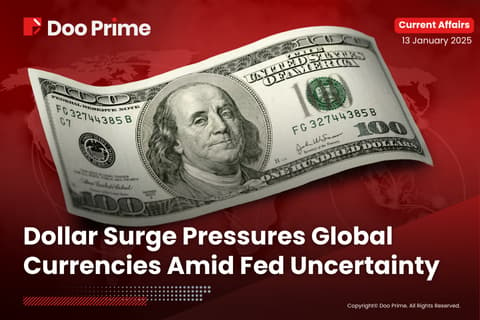WORLDWIDE: HEADLINES
Russia’s Central Bank Says It Will Stop Buying Gold At A Fixed Price

Russia’s central bank said on Thursday that due to a “significant change in market conditions” it would buy gold from commercial banks at a negotiated price from April 8.
On March 25, the bank had said it would buy gold at a fixed price of 5,000 roubles a gram until June 30.
Since that announcement, the rouble has strengthened sharply against the dollar. Five thousand roubles was worth around $52 on March 25 and around $63 on Thursday.
Gold prices on the international market have remained stable at around $60 a gram, or $1,900 an ounce.
Russia is one of the world’s biggest gold producers, but the country’s refiners were barred from selling bullion into the London market, the world’s largest, after the Kremlin sent troops into Ukraine in February.
Full coverage: REUTERS
Russian Gas Flows To Europe Dip In Line With Customer Requests
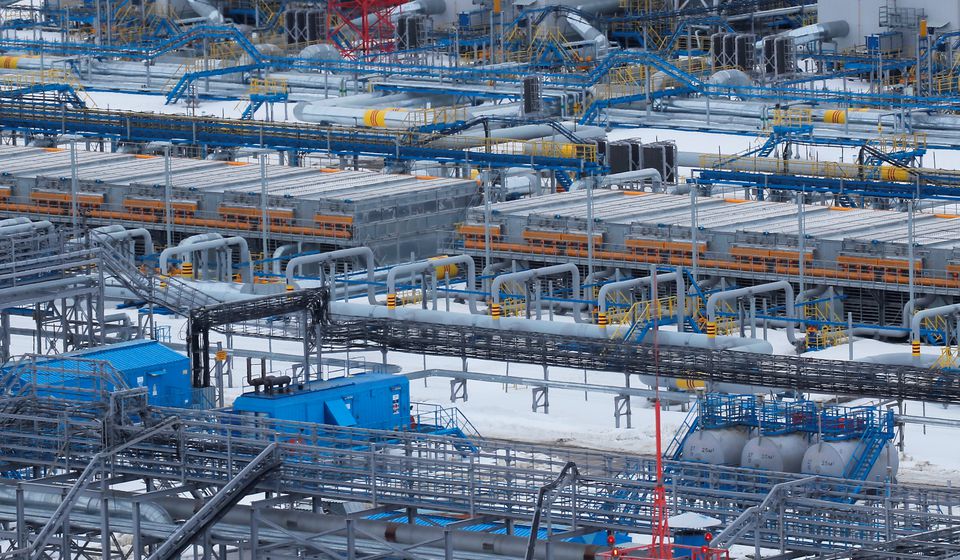
Russian gas deliveries to Europe via the Yamal-Europe pipeline reversed direction to flow from Germany to Poland on Thursday morning and supplies via Ukraine also eased, all in line with requests from customers.
Gas flows switched to an eastward direction into Poland at the Mallnow metering point on the German-Polish border on Thursday morning after flowing westward overnight, data from pipeline operator Gascade showed.
The change is in line with nominations from shippers, with no requests for westward shipments for the rest of the day, the data showed.
Russia’s Gazprom (GAZP.MM) is continuing to supply gas to Europe via Ukraine in line with requests from European consumers, which dropped to 105.4 million cubic metres (mcm) from 108.4 mcm the previous day, according to news agency Interfax.
Nominations for flows into Slovakia from Ukraine via the Velke Kapusany border point were at 936,935 megawatt hours (MWh) per day on Thursday, down from 968,186 MWh/day on Wednesday, data from Slovakian operator TSO Eustream showed.
Flows to Germany through the Nord Stream 1 pipeline across the Baltic Sea were at 73,165,350 kWh/h on Thursday, little changed from the previous 24 hours.
The gas market remains concerned that flows of Russian gas, which accounts for some 40% of its supplies, could stop in reaction to the West imposing more sanctions on Russia following its invasion of Ukraine.
While shying away from sanctioning oil and gas so far, European Union envoys are set to approve a ban on Russian coal that would take full effect from mid-August.
Top EU diplomat Josep Borrell said the package could be passed on Thursday or Friday and that the EU will discuss an embargo on Russian oil as well.
Full coverage: REUTERS
WORLDWIDE: FINANCE/BUSINESS
Stocks Set For Weekly Drop As Rates Reality Bites
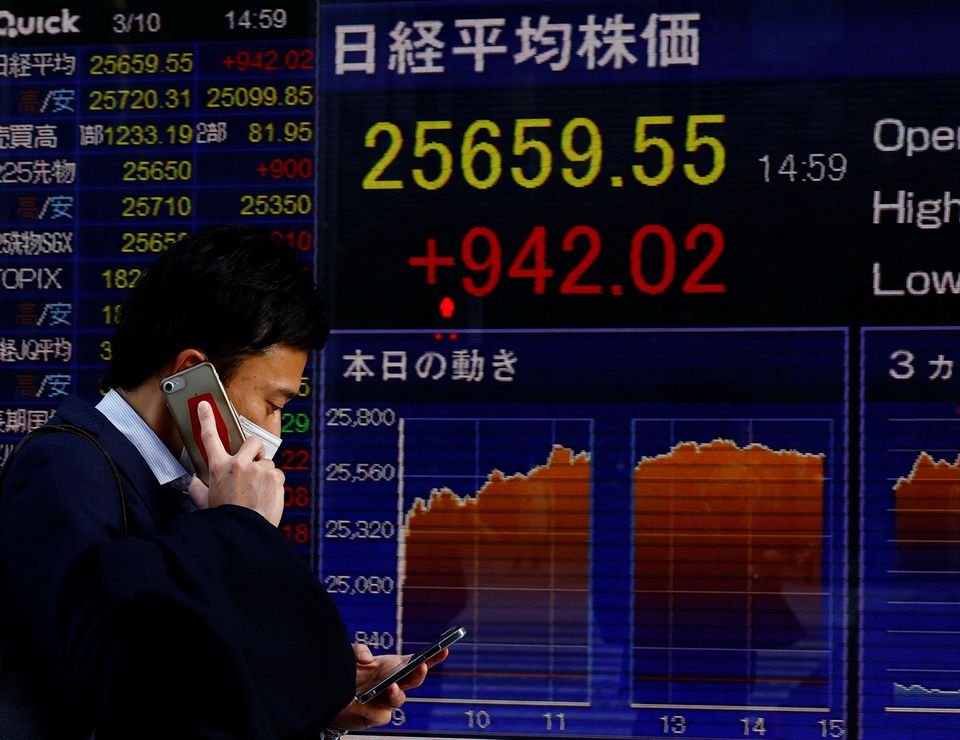
Stocks headed for a weekly loss on Friday as the prospect of aggressive global rate hikes finally began to rattle investors, while bonds fell and the dollar looked set for its best week in a month.
MSCI’s broadest index of Asia-Pacific shares outside Japan (.MIAPJ0000PUS) was steady in morning trade and down about 1.5% for the week so far. Japan’s Nikkei (.N225) fell 0.2% on Friday to head for a weekly loss of nearly 3%.
A late rally had lifted Wall Street indexes modestly, but they are also all down for the week led by a 2.5% loss for the rates-sensitive Nasdaq (.IXIC). U.S. futures were flat.
Federal Reserve policymakers are ready to start cutting the central bank’s asset holdings from May and are prepared to move rates higher 50-basis-points at a time to curb inflation, meeting minutes and remarks from officials showed this week.
War in Ukraine and the shockwave it has sent through commodity prices, as well as lingering damage to supply chains from the pandemic has heaped even more pressure on consumer prices and is adding to a sense of a major shift in trends.
“Combine those … and equity risk premium, no matter in which market, has to go up,” said Lirong Xu, chief investment officer at Franklin Templeton Sealand Fund Management in Shanghai. “And interest rates will not go down further.”
“The last two decades brought low inflation and a relatively peaceful world. Going forward geopolitical conflicts may become more and more volatile and have more of an impact on the whole world’s economy.”
Risk of a populist upset in French presidential elections has also sent jitters through markets – dragging on French debt and the euro – ahead of the first round of voting on Sunday.
A victory for far-right leader Marine Le Pen over incumbent Emmanuel Macron, while still unlikely, is now within the margins of error, opinion polls show and the euro edged down to a one-month low of $1.0858 in morning trade.
Elsewhere long-end Treasuries have borne the brunt of this week’s selling in haemorrhaging bond markets as traders see it hit hardest by the Fed cutting bond holdings.
The benchmark 10-year Treasury yield is up 25 basis points (bps) to 2.6409% this week, and was steady in Asia trade on Friday. The 30-year yield is up 22 bps.
Full coverage: REUTERS
Dollar Inches Up To New Two-year Peak, Set For Best Week In Four
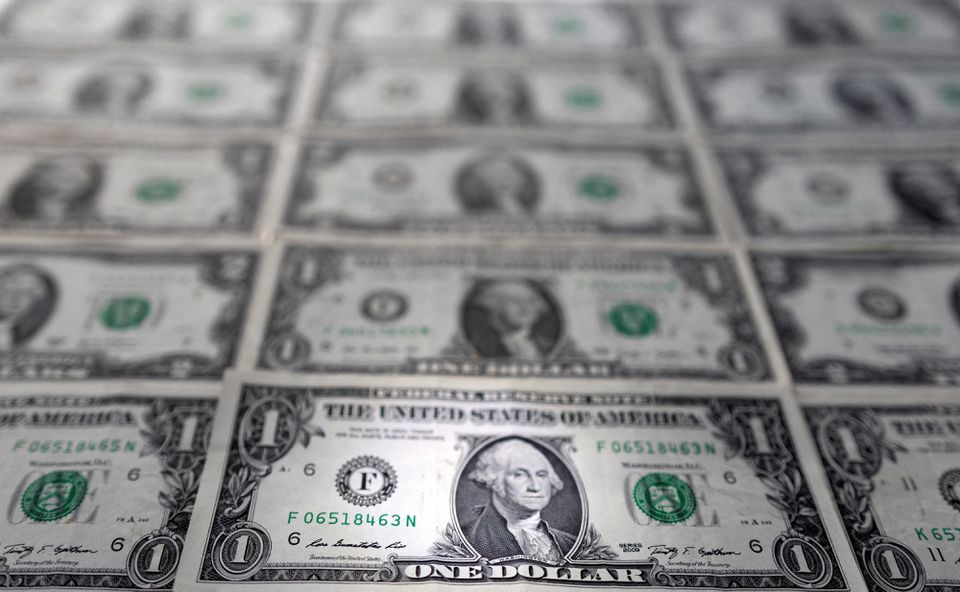
The dollar extended a squeeze higher on Friday, reaching a new near two-year peak against a basket of peers and a one-month high versus the euro, supported by the prospect of a more aggressive pace of Federal Reserve interest rates hikes.
The dollar index rose as high as 99.904 in early Asia trade, its best level since May 2020.
The index is up 1.2% this week, which would be its biggest advance in one month, backed by hawkish remarks from several Federal Reserve policy makers who are calling for a faster pace of interest rate increases to curb rapid inflation.
This week’s release of the minutes of the Fed’s March meeting showed “many” participants were prepared to raise interest rates in 50-basis-point increments in coming months
“Recent gains in the dollar index seem fairly sustainable over the remainder of the month as markets settle on the idea of a much more aggressive Federal Reserve in Q2,” said Simon Harvey, head of FX analysis at MonFX
“However, we believe further upside in the dollar is unlikely without a recalibration of the Fed’s terminal rate in markets. This is largely due to the limited upside in current Fed pricing based upon current fundamentals.”
On the other side of the dollar’s rally, the euro dropped to a new one-month low of $1.0856 in early trade on Friday, hurt by new Western sanctions on Russia, with the European Union moving towards a ban on Russian coal set to take effect from August.
The European Central Bank is also grappling with inflation but “while ECB members have sounded relatively hawkish to the recent inflation shock, providing EUR/USD with a modicum of support around the 1.09 handle, sustained pressure from European energy prices and calls for further sanctions on Russian energy exports to the eurozone suggest further declines in EUR/USD are likely,” said Harvey.
The common currency has also been dragged down by uncertainty around the outcome of the French election, as far-right candidate Marine Le Pen gains in the polls threatening the re-election hopes of incumbent Emmanuel Macron. Polls still show Macron ahead though.
Full coverage: REUTERS
Oil Headed For 3% Weekly Fall On Emergency Stocks Release
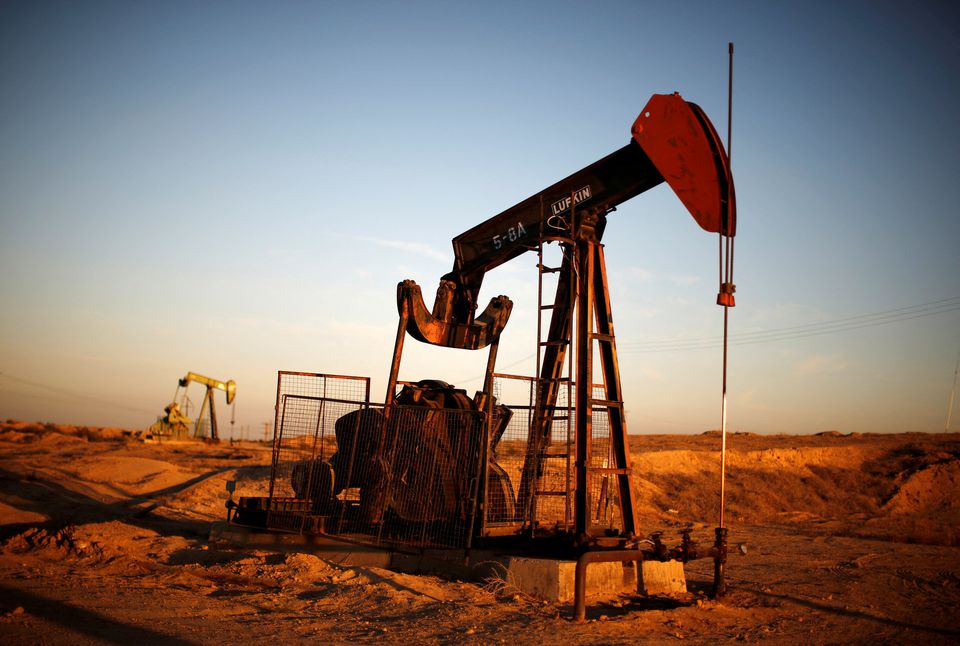
Oil prices inched up on Friday but were set to fall around 3% for the week after consuming countries agreed to release 240 million barrels of oil from emergency stocks to help offset disrupted Russian supply.
Brent crude futures rose 13 cents, or 0.1% to $100.71 a barrel at 0139 GMT, while U.S. West Texas Intermediate (WTI) crude futures advanced 35 cents, or 0.4%, to $96.38 a barrel.
Analysts said the emergency oil release, amounting to about 1 million barrels per day from May to the end of the year, might cap price rises in the short term, but would not fully cover volumes lost from Russia due to sanctions for its invasion of Ukraine, which Moscow calls a “special operation”.
“Although this is the biggest release since the stockpile was created in 1980, it will fail to ultimately change the fundamentals in the oil market. It is likely to delay further increases in output from key producers,” ANZ Research analysts said in a note.
The release may deter producers, including the Organization of the Petroleum Exporting Countries (OPEC) and U.S. shale producers, from accelerating output increases even with oil prices around $100 a barrel, they said.
At the same time, the European Union’s consideration of a ban on Russian oil, following its plan to embargo Russian coal, will limit any drop in oil prices in the near term.
“In the court of public opinion, pressure is mounting on Brussels to act, and if that pressure valve pops and the EU sanctions Russian oil, we could see Brent crude at $120 in a heartbeat,” Stephen Innes, managing director of SPI Asset Management, said in a note.
Full coverage: REUTERS

